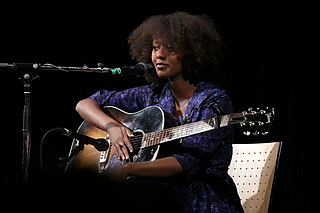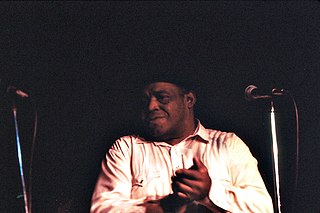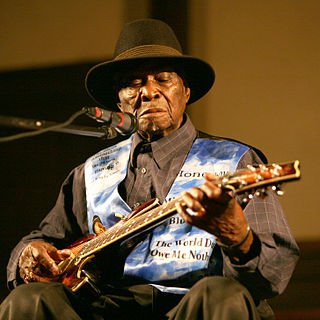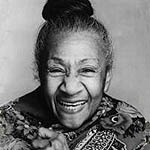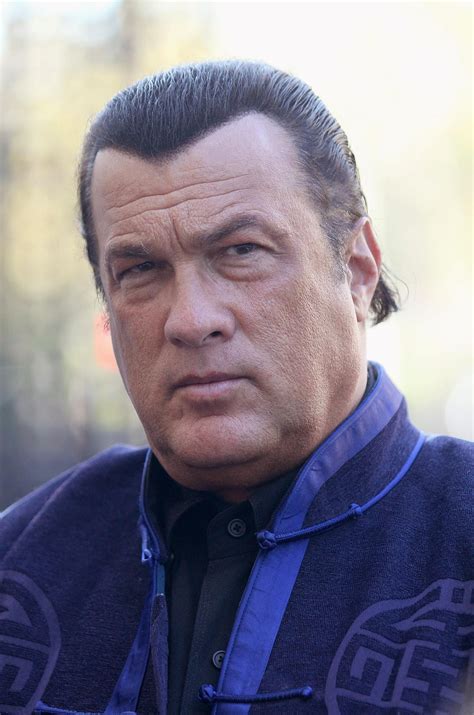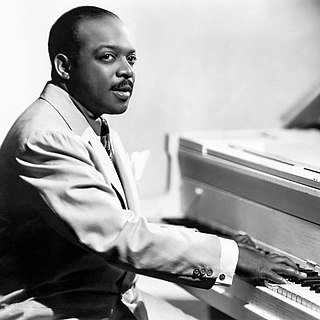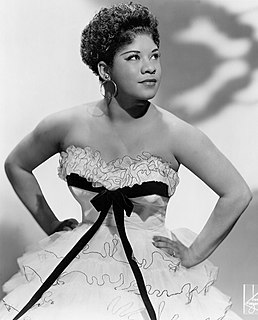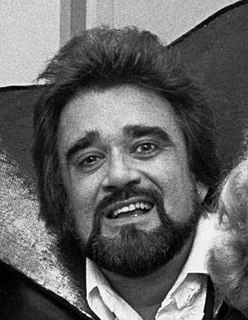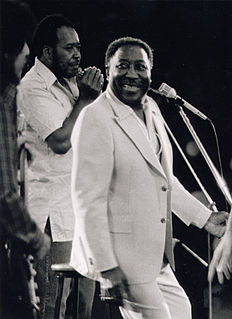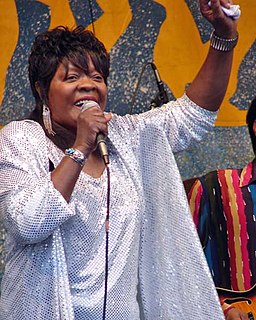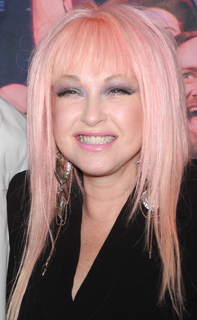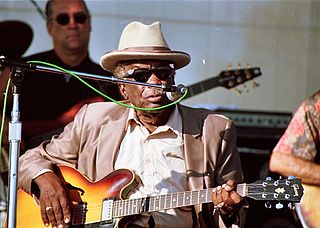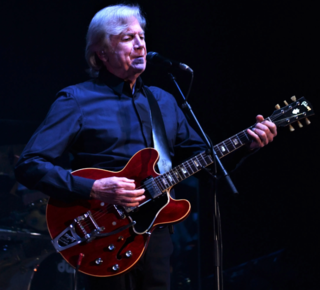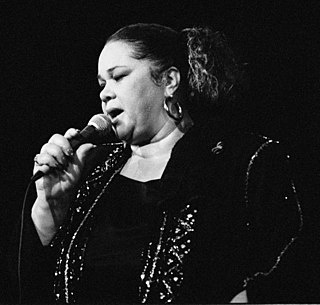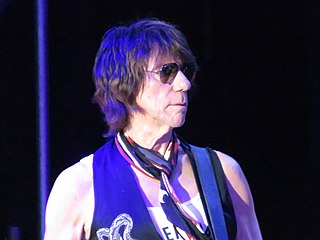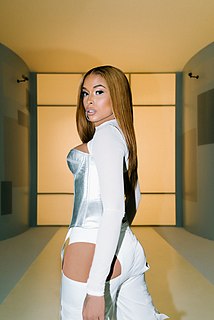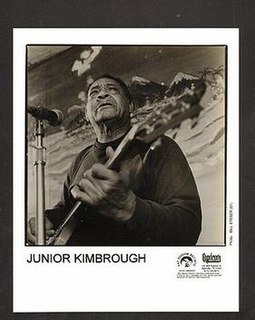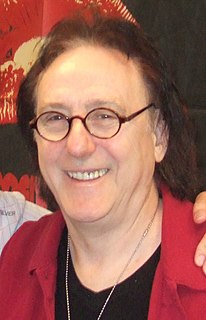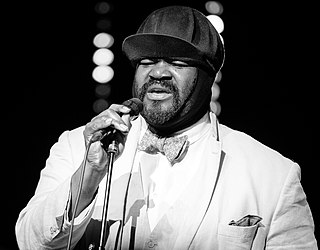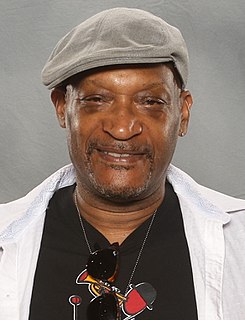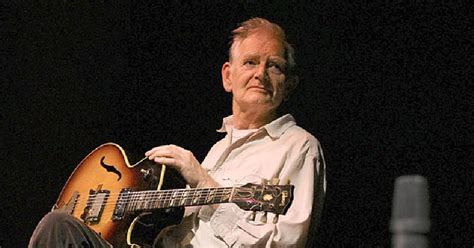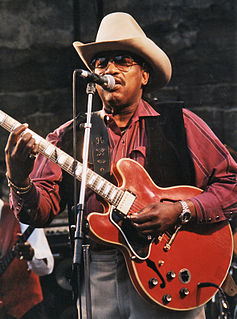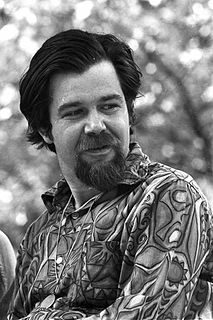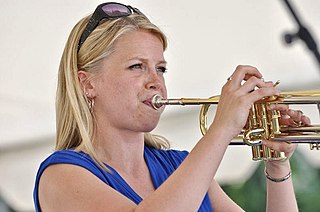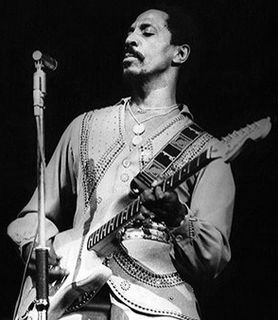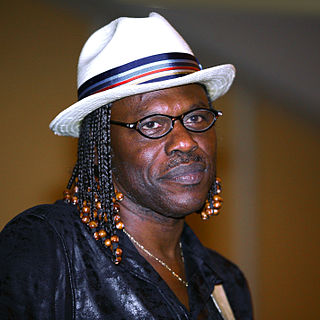Top 1200 Blues Quotes & Sayings
Explore popular Blues quotes.
Last updated on April 19, 2025.
There's a lot of women in blues music, lots of strong women and that sort of stuff. It's not the first thing that comes to mind when you think about blues. There were a lot of powerful blues guitar players in the olden times that were women. It's just that when you think about blues, you have this one image in your mind.
After my early days of being a passionate young Elvis fan, Chuck Berry, Little Richard, etc. I got interested in Ray Charles and Ella Fitzgerald. Then I got turned on to the blues. I realized how important it was to our music in England at the time. Everyone was into the blues. Then you start looking at the different kinds of blues, and you follow the journey backwards from Chicago to earlier times back down to the Delta to the Memphis Blues.
The blues? Why, the blues are a part of me. They're like a chant. The blues are like spirituals, almost sacred. When we sing blues, we're singing out our hearts, we're singing out our feelings. Maybe we're hurt and just can't answer back, then we sing or maybe even hum the blues. When I sing, 'I walk the floor, wring my hands and cry -- Yes, I walk the floor, wring my hands and cry,'... what I'm doing is letting my soul out.
Music and the blues, they have taught me a lot. I think in this book, 'Book Of Hours,' there is this blues sensibility. There are moments of humor even in the sorrow, and I'm really interested in the way that the blues have that tragic-comic view of life - what Langston Hughes called 'laughing to keep from crying.'
I'm a bluesman moving through a blues-soaked America, a blues-soaked world, a planet where catastrophe and celebration... "Joy and Pain" - sit side by side. The blues started off in some field, in some plantation, in some mind, in some imagination, in some heart. The blues blew over to the next plantation, and then the next state. The blues went south to north, got electrified and even sanctified. The blues got mixed up with jazz and gospel and rock and roll.
Nowadays blues in particular has a wide, wide, wide, wide net of everything that's called blues. I think if somebody's coming to it in the last ten years or whatever, or even fifteen years, what their experience is what is called blues is different from mine. I have to expand my range of what's been called the blues. I think somebody who's new to it would have to go back and to see what is called blues now, where it came from. If that makes sense.
